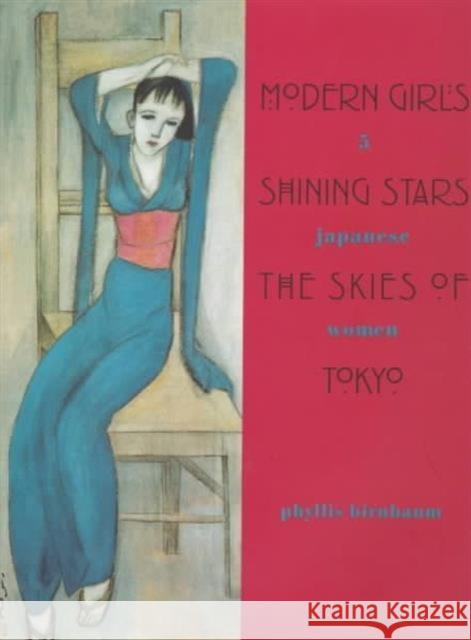Modern Girls, Shining Stars, the Skies of Tokyo: Five Japanese Women » książka
Modern Girls, Shining Stars, the Skies of Tokyo: Five Japanese Women
ISBN-13: 9780231113564 / Angielski / Twarda / 1998 / 256 str.
The stunning biographical portraits in Modern Girls, Shining Stars, the Skies of Tokyo, some adapted from essays that first appeared in The New Yorker, explore the lives of five women who did their best to stand up and cause more trouble than was considered proper in Japanese society. Their lives stretch across a century and a half of explosive cultural and political transformations in Japan. These five artists-two actresses, two writers, and a painter-were noted for their talents, their beauty, and their love affairs rather than for any association with politics. But through the fearlessness of their art and their private lives, they influenced the attitudes of their times and challenged the status quo.
Phyllis Birnbaum presents her subjects from various perspectives, allowing them to shine forth in all of their contradictory brilliance: generous and petulant, daring and timid, prudent and foolish. There is Matsui Sumako, the actress who introduced Ibsen's Nora and Wilde's Salome to Japanese audiences but is best remembered for her ambition, obstreperous temperament and turbulent love life. We also meet Takamura Chieko, a promising but ultimately disappointed modernist painter whose descent into mental illness was immortalized in poetry by a husband who may well have been the source of her troubles. In a startling act of rebellion, the sensitive, aristocratic poet Yanagiwara Byakuren left her crude and powerful husband, eloped with her revolutionary lover, and published her request for a divorce in the newspapers. Uno Chiyo was a popular novelist who preferred to be remembered for the romantic wars she fought. Willful, shrewd, and ambitious, Uno struggled for sexual liberation and literary merit. Birnbaum concludes by exploring the life and career of Takamine Hideko, a Japanese film star who portrayed wholesome working-class heroines in hundreds of films, working with such directors as Naruse, Kinoshita, Ozu, and Kurosawa. Angry about a childhood spent working to provide for greedy relatives, Takamine nevertheless made peace with her troubled past and was rewarded for years of hard work with a brilliant career. Drawing on fictional accounts, interviews, memoirs, newspaper reports, and the creative works of her subjects, Birnbaum has created vivid, seamless narrative portraits of these five remarkable women.










